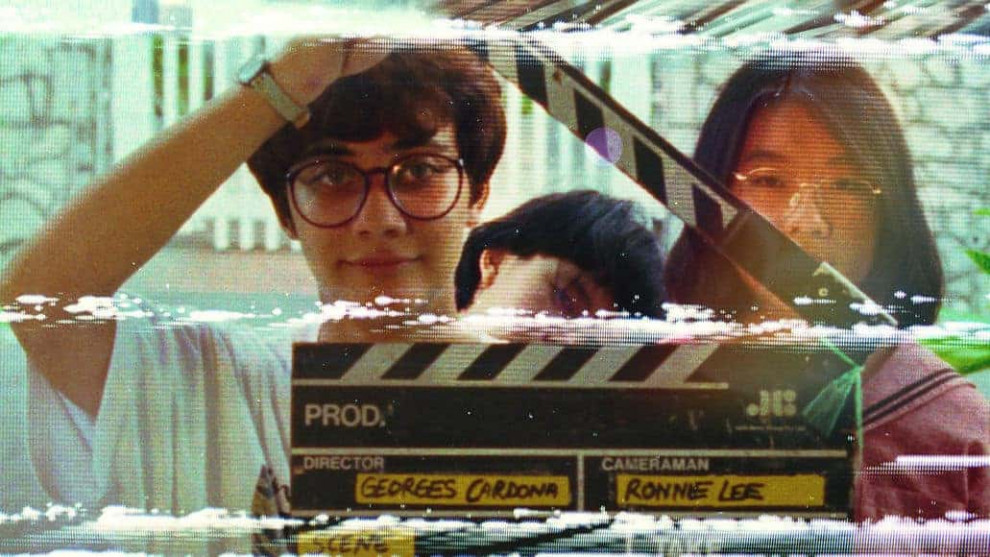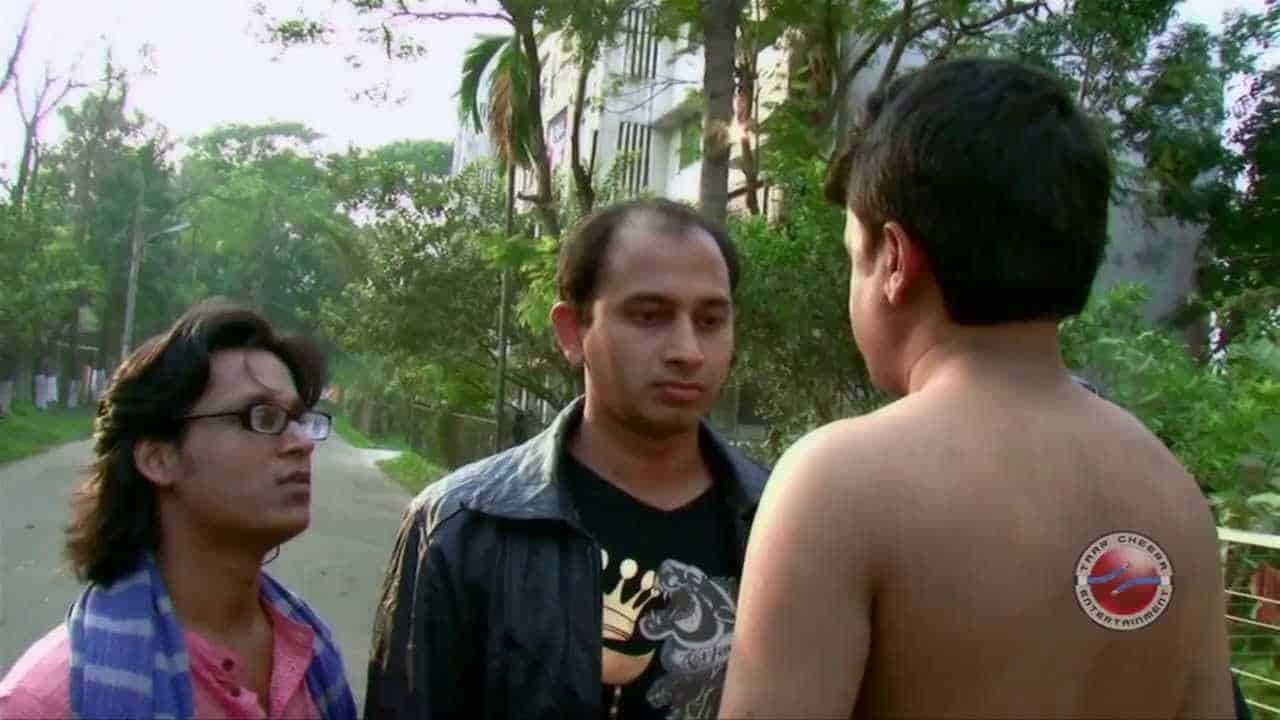Winner of the Directing Award for World Cinema-Documentary in Sundance, “Shirkers” is a rather unusual, but quite captivating film about a kidnap, not of a person but of a film. Let us take things from the beginning though.
The film starts with Tan's own story, from her birth in Singapore in 1972 to her growing up to be a cinephile and a writer of fanzines, along with another friend who shared similar, “unusual” for the country tastes, Jasmine Ng. The two of them eventually attended one of the first film classes in the country, headed by a rather mysterious individual, Georges Cardona. He quickly mesmerized the girls with his stories about Hollywood and his connections, and he had a particular deep impact on Tan, who even went on a road trip to the US with him. A bit later, and with the help of Sophia Siddique, another classmate, the three girls decided to shoot a movie, “Shirkers”, with Cardona being the director. The film starred Tan as a serial killer named “S”, and was shaped as a kind of a road movie with many peculiar characters. Ng edited and Siddique produced the film.
After a number of tribulations, one of which involved Tan and Ng giving all their shavings to Cardona to finish the film, the girls returned to continue their studies, Tan in the UK and Ng in the US, leaving Cardona to finish the movie. That summer, however, he disappeared, taking the whole film with him, and the trio never saw or heard of him again. On September 11, 2011, four years after Cardona's death in 2007, his widow emailed Tan, informing her that she was in possession of the footage for “Shirkers”, minus the audio tracks. In the following years, Tan decided to digitize the footage and use it to make something new – a documentary about the making of the film.

Sandi Tan directs a documentary that functions in two levels, one as a self-portrait and one as a mystery story regarding the disappearance and the rediscovery of the film. The great thing about “Shirkers” and Tan's direction is that both aspects work extremely well, and even more, that their combination results into a rather captivating spectacle.
Regarding the self-portrait aspect, the interviews of her friends and colleagues, as much as her own narration shed a very thorough and sincere light upon Tan as a person, particularly through Jasmine Ng's talks, who does not shy away from stating that despite her big heart, Sandi could also act like an ass occasionally. Her growing up, the path that led her to write film reviews in Singapore's biggest national newspaper, and her relationship with her friends and Cardona are all presented in a very entertaining way, with Tan's narration, the various animations, and the footage videos and photos working quite well in terms of presentation. Lucas Celler, Sandi Tan, and Kimberley Hassett's editing deserves much praise for the mixing of all these elements, and the parallels between Tan's life and the story of the film.

Regarding the mystery aspect, one could say that this is the story of Cardona as much as of Tan, with him being revealed (again through interviews and footage) as a rather despicable, puny man, who was jealous of the success of his students and told lies to make himself appear more important than he actually was. This aspect also highlights Tan's abilities as a storyteller, with her building a captivating narrative that results in a documentary that is as entertaining as a fiction feature film.
Lastly, the film also functions quite well as a tribute to both an era long gone in Singapore and Tan's youth in the country and as a vindication of her efforts to shoot that film.
“Shirkers” is a truly great movie that functions extremely well on a number of levels, and must watch for all fans of cinema.















